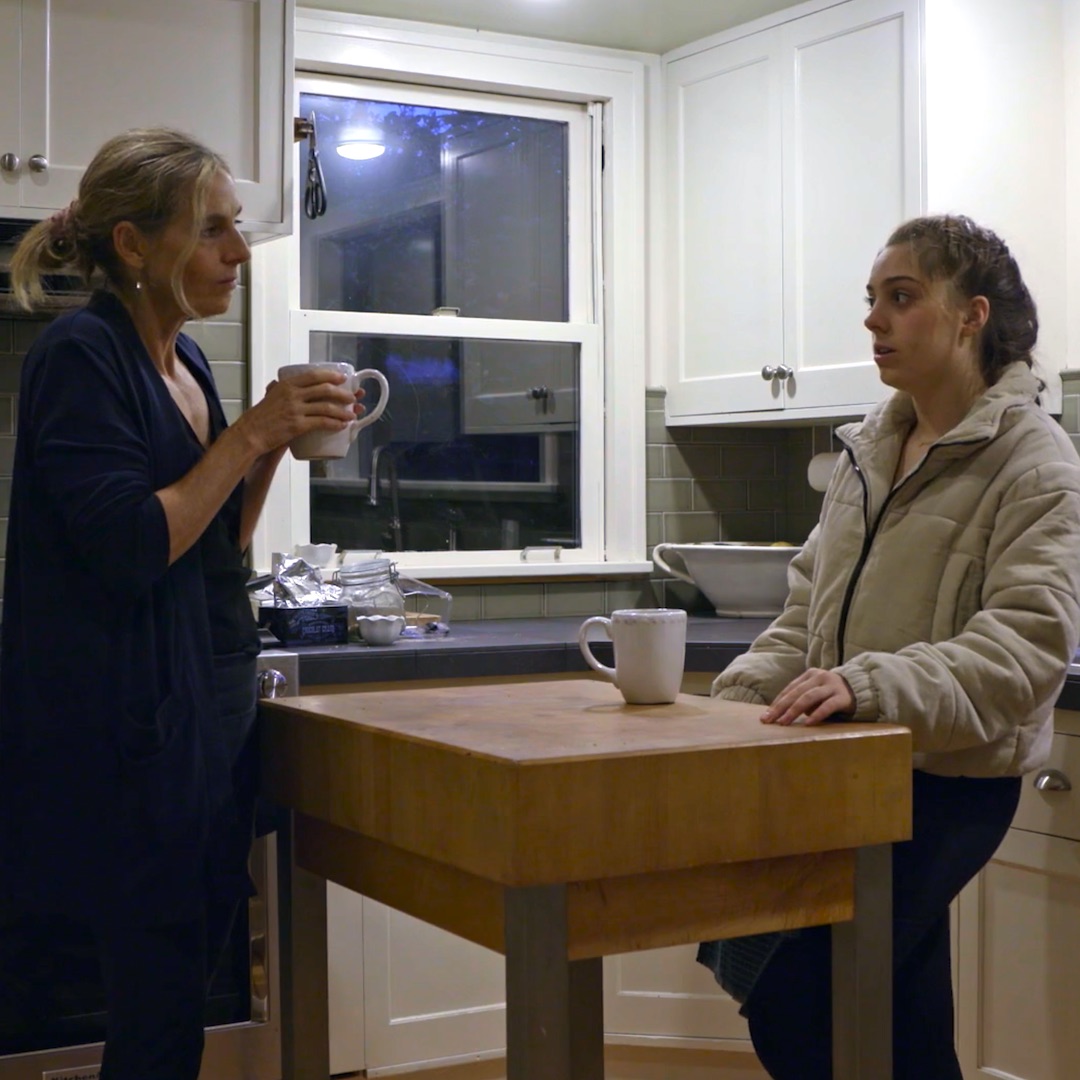


The season of spring break is upon us. With it comes the issue of what to do with your unstructured days. Let’s face it, so often down time has become screen time.
Are you a goal setting family? Start out the week with a clear picture of what you want screen time to look like during the break. Then, ask your kids what are their goals for their time off. Get specific about screen time. Ask them what they would like to do on screens during the week, and how much time they think they’ll need. Together you can make an agreement that you both feel good about. Just having the conversation will get your kids thinking more realistically and less robotically about their devices.
You may want to have your kids help with chores and errands during the downtime. How do you get them to do things they don’t feel energized and motivated about? One woman I spoke with last week told me how happy she was when she realized how using screen time as a reward with her daughter worked so well to get her to practice the violin.
This is a very common, and often, effective scenario. Clean your room or do your homework or take out the trash… then you can have screen time.
Some, however, believe using screen time as a reward is not a good thing. The people at ReStart, the program for internet addiction that was featured in Screenagers, believe dangling screen time as a reward creates, even more, focus on screen time.
Learn more about showing our movies in your school or community!
Join Screenagers filmmaker Delaney Ruston MD for our latest Podcast

Learn more about our Screen-Free Sleep campaign at the website!
Our movie made for parents and educators of younger kids
Learn more about showing our movies in your school or community!
Learn more about showing our movies in your school or community!
Join Screenagers filmmaker Delaney Ruston MD for our latest Podcast

Learn more about our Screen-Free Sleep campaign at the website!
Our movie made for parents and educators of younger kids
Join Screenagers filmmaker Delaney Ruston MD for our latest Podcast
As we’re about to celebrate 10 years of Screenagers, we want to hear what’s been most helpful and what you’d like to see next.
Please click here to share your thoughts with us in our community survey. It only takes 5–10 minutes, and everyone who completes it will be entered to win one of five $50 Amazon vouchers.
The season of spring break is upon us. With it comes the issue of what to do with your unstructured days. Let’s face it, so often down time has become screen time.
Are you a goal setting family? Start out the week with a clear picture of what you want screen time to look like during the break. Then, ask your kids what are their goals for their time off. Get specific about screen time. Ask them what they would like to do on screens during the week, and how much time they think they’ll need. Together you can make an agreement that you both feel good about. Just having the conversation will get your kids thinking more realistically and less robotically about their devices.
You may want to have your kids help with chores and errands during the downtime. How do you get them to do things they don’t feel energized and motivated about? One woman I spoke with last week told me how happy she was when she realized how using screen time as a reward with her daughter worked so well to get her to practice the violin.
This is a very common, and often, effective scenario. Clean your room or do your homework or take out the trash… then you can have screen time.
Some, however, believe using screen time as a reward is not a good thing. The people at ReStart, the program for internet addiction that was featured in Screenagers, believe dangling screen time as a reward creates, even more, focus on screen time.
Sign up here to receive the weekly Tech Talk Tuesdays newsletter from Screenagers filmmaker Delaney Ruston MD.
We respect your privacy.
The season of spring break is upon us. With it comes the issue of what to do with your unstructured days. Let’s face it, so often down time has become screen time.
Are you a goal setting family? Start out the week with a clear picture of what you want screen time to look like during the break. Then, ask your kids what are their goals for their time off. Get specific about screen time. Ask them what they would like to do on screens during the week, and how much time they think they’ll need. Together you can make an agreement that you both feel good about. Just having the conversation will get your kids thinking more realistically and less robotically about their devices.
You may want to have your kids help with chores and errands during the downtime. How do you get them to do things they don’t feel energized and motivated about? One woman I spoke with last week told me how happy she was when she realized how using screen time as a reward with her daughter worked so well to get her to practice the violin.
This is a very common, and often, effective scenario. Clean your room or do your homework or take out the trash… then you can have screen time.
Some, however, believe using screen time as a reward is not a good thing. The people at ReStart, the program for internet addiction that was featured in Screenagers, believe dangling screen time as a reward creates, even more, focus on screen time.

When teens say they hate you, it often feels personal, but it may not truly be about you. Teens sometimes direct their overwhelming feelings toward the safest person in their life. Instead of responding with logic or backing down out of fear, check that your limits are fair, practice self-compassion, and focus on validation rather than correction. If conflict feels stuck, family counseling can help both sides feel heard and understood.
READ MORE >
Thoughtful family tech rules help protect kids’ wellbeing, learning, and sleep while strengthening connection at home. Using the fresh start of a new year, this post shares eight practical tech habits families can discuss and adapt together, including shared social media check-ins, screen time inventories, device-free meals, regular gaming breaks, and keeping phones out of bedrooms at night.
READ MORE >
Psychologist Jean Twenge explains how parental controls can support healthier tech use by protecting sleep, limiting late night device access, and reducing kids’ exposure to content they are not developmentally ready to handle. She discusses why third party parental control tools are often more effective and easier to use than built in options, while acknowledging that no system is perfect. Clear boundaries, combined with technology based limits, can reduce ongoing conflict and make screen time rules easier to enforce.
READ MORE >for more like this, DR. DELANEY RUSTON'S NEW BOOK, PARENTING IN THE SCREEN AGE, IS THE DEFINITIVE GUIDE FOR TODAY’S PARENTS. WITH INSIGHTS ON SCREEN TIME FROM RESEARCHERS, INPUT FROM KIDS & TEENS, THIS BOOK IS PACKED WITH SOLUTIONS FOR HOW TO START AND SUSTAIN PRODUCTIVE FAMILY TALKS ABOUT TECHNOLOGY AND IT’S IMPACT ON OUR MENTAL WELLBEING.
